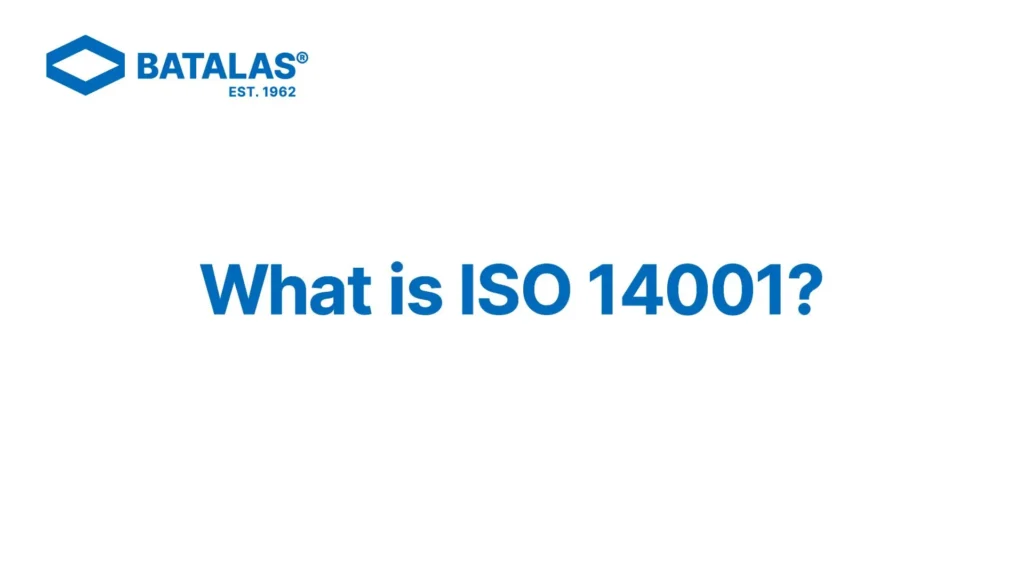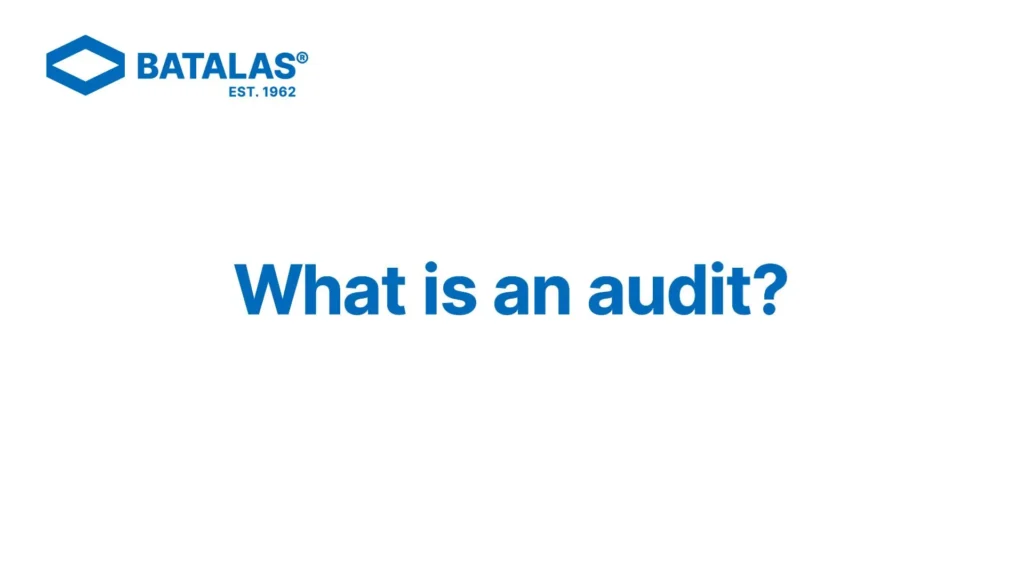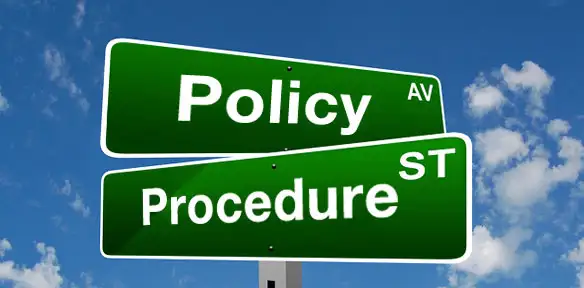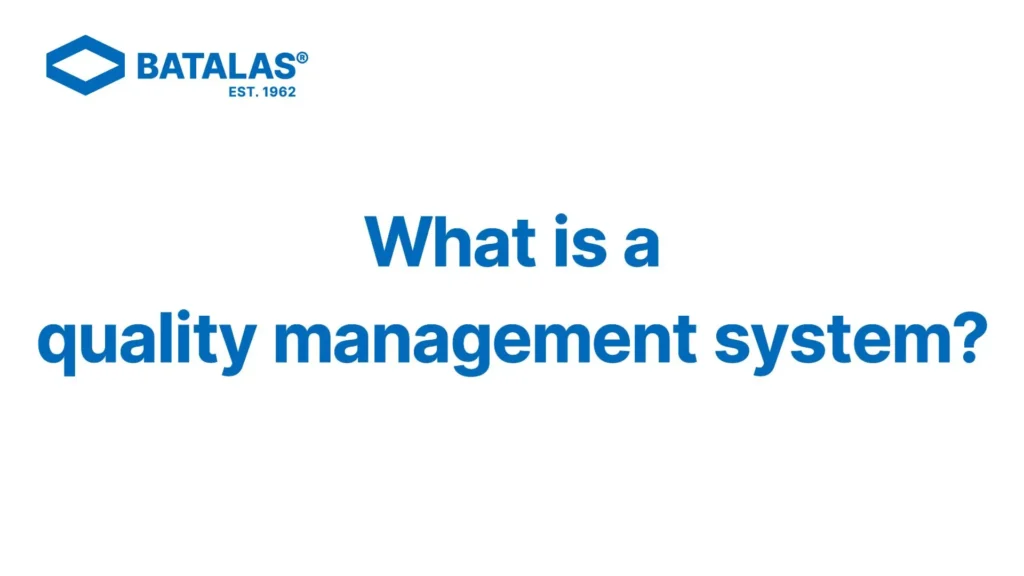The ISO 14001:2015 Standard provides an internationally recognised framework for organisations to follow when implementing and managing an Environmental Management System (EMS).
ISO 14001 EMS is not limited to a specific industry; it can be adopted by any company that wishes to limit its environmental impact. It’s common for organisations with ISO 14001 certification to also audit against other management systems, such as ISO 9001 for quality management and ISO 45001 for occupational health and safety.
To learn more about Environmental Management Systems, see our ISO 14001 training courses.























